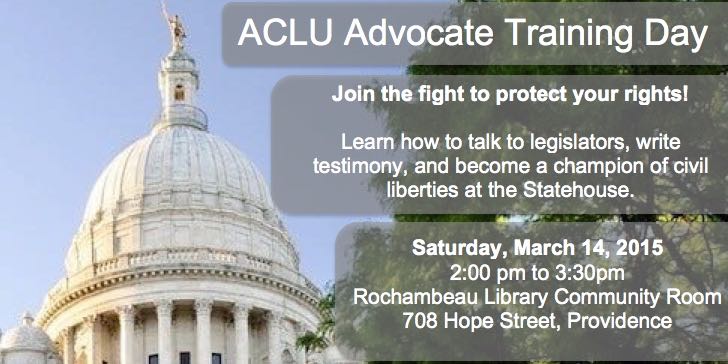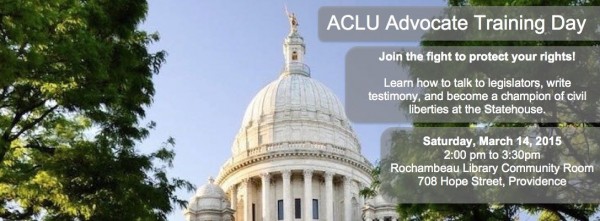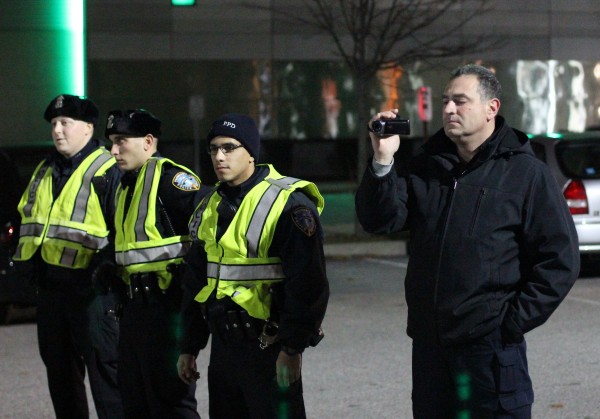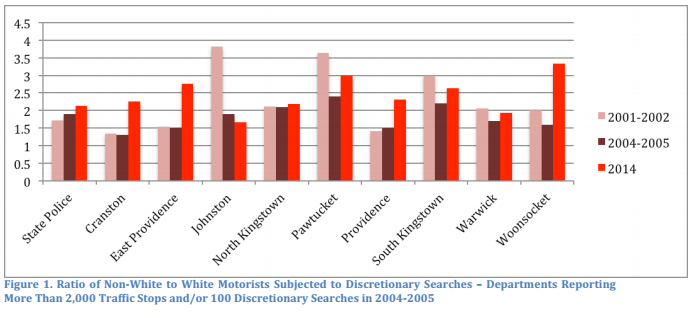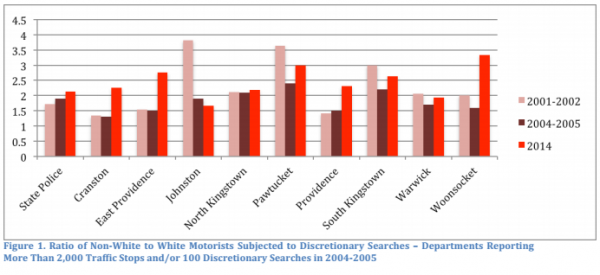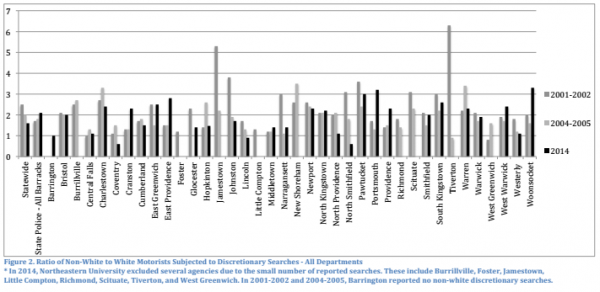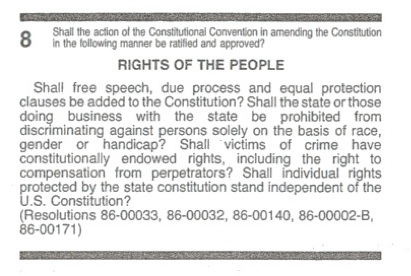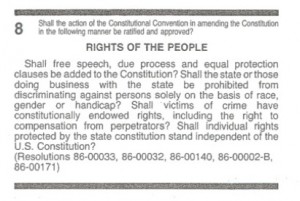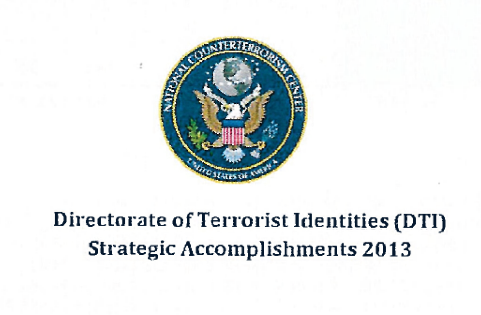 At least 11 municipalities in Rhode Island ask job applicants a question on their application forms that is prohibited by law.
At least 11 municipalities in Rhode Island ask job applicants a question on their application forms that is prohibited by law.
The questions vary in wording, but each asks job applicants about their criminal record–a practice that has been illegal in Rhode Island for over a year. As a result, the ACLU of Rhode Island and Direct Action for Rights and Equality (DARE) have sent letters to those municipalities – from Burrillville to Warwick to Narragansett – asking them to promptly remove these questions.
In 2013, the General Assembly amended the state’s Fair Employment Practices Act to provide that, with a few exceptions not relevant here, questions about a person’s past criminal convictions could not be included on employment application forms and could instead only be asked “at the first interview or thereafter.” This “ban the box” law is designed to ensure potential employees are screened based on their qualifications, not their past.
As the letter explains:
The General Assembly enacted this prohibition in recognition of the fact that employment is a pivotal factor in preventing recidivism and that ex-offenders have faced widespread and unfair discrimination in seeking jobs. Well-qualified applicants – even those with long-past criminal records irrelevant to the job for which they were applying – were often excluded from consideration before even having a chance for an interview to demonstrate their qualifications. However, the inquiry on your application form is directly contrary to, and undermines the goal of, the statute to address this inequity.
This month, the ACLU examined the employment application forms of the twenty-nine municipalities that post those forms online after receiving a complaint about one of them. Of the eleven cities and towns that improperly ask criminal record questions, some inquire whether the applicant has ever been convicted of any crime, some limit the inquiry to felonies, and some ask for conviction information for the past five or seven years. And while some of the forms assure applicants that a criminal record does not automatically disqualify them from employment, all of those questions are illegal, and have been since January 1, 2014 when the “ban the box” law took effect.
We’ve asked the municipalities to revise their forms, online and in any other format, within the next two weeks. The ACLU and DARE will consider taking further steps if any cities or towns fail to comply with the statute.
The municipalities that ask about applicants’ criminal record and were sent letters were: Burrillville, Charlestown, Cumberland, Hopkinton, Jamestown, Lincoln, Narragansett, Newport, North Providence, Pawtucket, and Warwick. The ACLU is filing open records requests with the ten towns that did not have their forms posted online and were thus not reviewed.
By discriminating against anyone with a criminal record, these cities and towns are turning away able and qualified applicants. This unhelpful and illegal practice must promptly end–as it should have when it was prohibited last year–so qualified Rhode Islanders have the opportunity to lead productive lives regardless of their past actions.
Fred Ordoñez, executive director of DARE, the organization that led the push for passage of the “ban the box” law, said: “It’s sadly ironic that these municipalities can break a law with little consequence, yet regular people’s criminal record turns into a life sentence of unemployment.”



